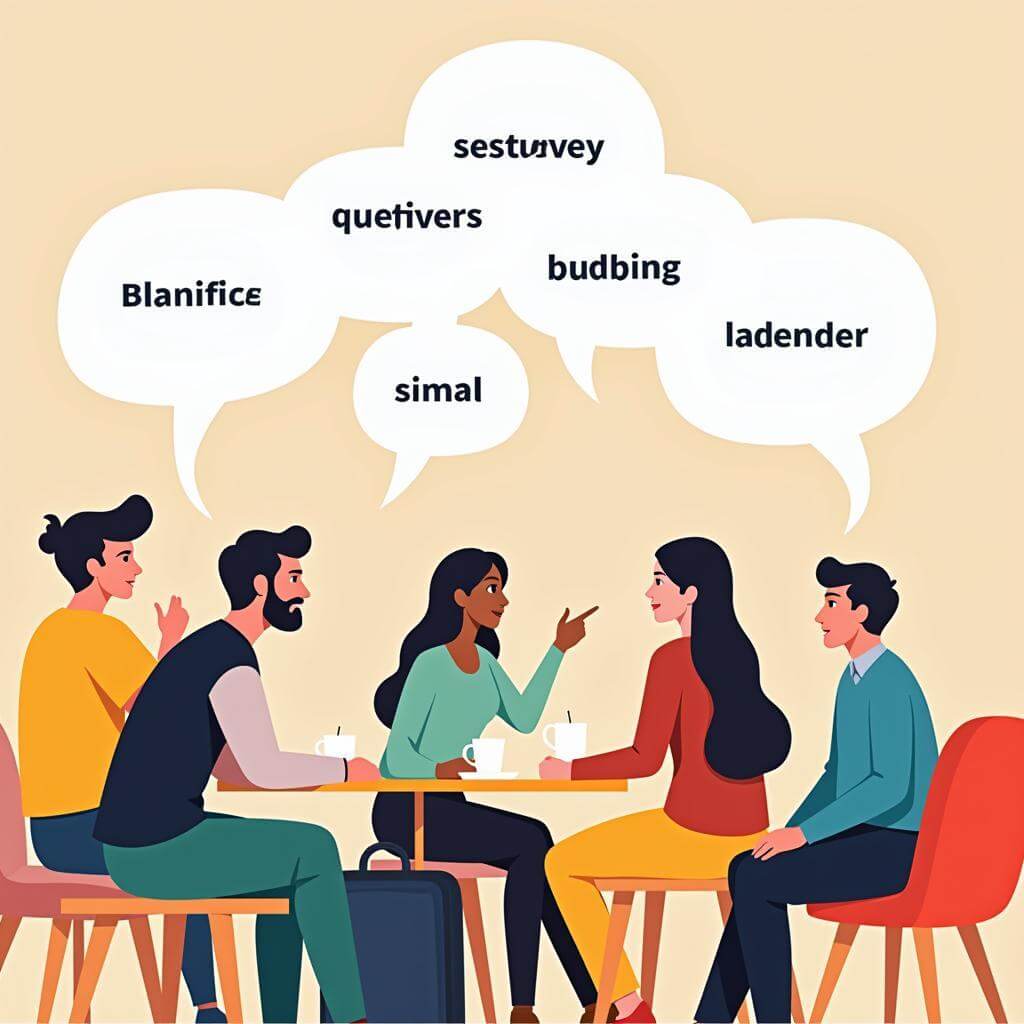The IELTS Listening test is designed to assess your ability to understand spoken English in various real-life contexts. Practicing with authentic situations is crucial for improving your performance and achieving a high score. In this article, we’ll explore effective strategies to enhance your IELTS Listening skills using real-life scenarios.
Understanding the Importance of Real-Life Practice
Real-life practice is essential for IELTS Listening preparation because it exposes you to natural speech patterns, accents, and vocabulary used in everyday situations. By immersing yourself in authentic content, you’ll develop the skills needed to handle fast topic changes in audio and improve your overall listening comprehension.
Effective Methods for Real-Life IELTS Listening Practice
1. Utilize Podcasts and Radio Shows
Podcasts and radio shows are excellent resources for practicing IELTS Listening with real-life situations. They offer a wide range of topics and speakers, helping you familiarize yourself with different accents and speech patterns.
Examples of suitable podcasts and radio shows:
- BBC Global News Podcast
- TED Radio Hour
- The Economist Radio
- NPR’s All Things Considered
- ABC Radio National (Australia)
2. Watch English-Language TV Shows and Movies
Television shows and movies provide visual context along with audio, making them ideal for improving your listening skills while also exposing you to colloquial expressions and cultural references.
Recommended TV shows and movies for practice:
- News programs (e.g., BBC News, CNN)
- Documentaries (e.g., Planet Earth, Nova)
- Sitcoms (e.g., Friends, The Office)
- British dramas (e.g., Downton Abbey, Sherlock)
- TED Talks
3. Engage in Real Conversations
Participating in actual conversations with native English speakers or fluent non-native speakers can significantly improve your listening skills and help you practice tackling fast-paced conversations.
Ways to engage in real conversations:
- Join language exchange platforms (e.g., Tandem, HelloTalk)
- Attend English-speaking events or meetups
- Volunteer in English-speaking environments
- Participate in online forums or discussion groups
- Use language learning apps with conversation features (e.g., Busuu, Lingoda)

4. Listen to Academic Lectures and Presentations
Since the IELTS Listening test often includes academic content, it’s beneficial to practice with real lectures and presentations.
Sources for academic listening practice:
- Coursera or edX free courses
- University lecture recordings on YouTube
- Academic conference presentations
- Open Yale Courses
- iTunes U
5. Use Mobile Apps for On-the-Go Practice
Mobile apps can provide convenient, bite-sized listening practice that simulates real-life situations.
Recommended apps for IELTS Listening practice:
- IELTS Prep App
- BBC Learning English
- English Listening and Speaking
- Listen English Daily Practice
- Listening Master for IELTS
Applying Real-Life Practice to IELTS Listening Test Sections
Understanding how to apply your real-life listening practice to the different sections of the IELTS Listening test is crucial for success.
Section 1: Everyday Social Contexts
This section typically features a conversation between two people in an everyday social context. Practice by listening to dialogues in various settings such as:
- Making reservations
- Inquiring about services
- Giving directions
- Discussing plans or arrangements
Section 2: General Interest Topics
Section 2 usually involves a monologue on a general interest topic. Improve your skills by listening to:
- Tour guides describing attractions
- Radio announcements about events
- Speeches at community gatherings
- Descriptions of facilities or services
Section 3: Educational or Training Contexts
This section often features a conversation between two to four people in an academic setting. Enhance your performance by practicing with:
- Student-teacher discussions about assignments
- Group project planning sessions
- Academic advising conversations
- Seminar discussions on various topics
Section 4: Academic Lecture
The final section typically consists of an academic lecture. Prepare for this by listening to:
- University lectures on various subjects
- TED Talks on academic topics
- Podcasts featuring expert interviews
- Conference presentations in different fields
Common Mistakes to Avoid in IELTS Listening Practice
When practicing IELTS Listening with real-life situations, be aware of these potential pitfalls:
- Focusing solely on American accents: The IELTS test includes various English accents, so expose yourself to a range of speakers.
- Neglecting note-taking practice: In real-life situations, you may not need to take notes, but it’s a crucial skill for the IELTS test.
- Ignoring the importance of recognizing emphasis in speaker’s voice: Pay attention to intonation and stress patterns in natural speech.
- Relying too heavily on visual cues: While helpful in real life, the IELTS Listening test is audio-only, so practice without visual aids as well.
- Not challenging yourself with complex content: Gradually increase the difficulty of your listening materials to improve your skills.
Strategies for Effective Real-Life Listening Practice
To maximize the benefits of your real-life IELTS Listening practice, consider these strategies:
- Active Listening: Engage with the content by predicting what might come next or summarizing main points in your mind.
- Shadowing: Repeat what you hear immediately after the speaker to improve your pronunciation and listening skills simultaneously.
- Transcription Practice: Try to write down exactly what you hear, then compare your transcript to the original text or subtitles.
- Focused Listening: Practice listening for implicit meaning and understanding context clues.
- Regular Review: Keep a log of new vocabulary and expressions you encounter during your listening practice.
Conclusion
Incorporating real-life situations into your IELTS Listening practice is a powerful way to enhance your skills and prepare for the test. By exposing yourself to a variety of authentic English content and preparing for tricky audio sections, you’ll develop the confidence and ability to handle any listening task in the IELTS exam. Remember to practice regularly, challenge yourself with diverse content, and apply the strategies discussed in this article. With dedication and the right approach, you’ll be well-equipped to achieve your desired IELTS Listening score.